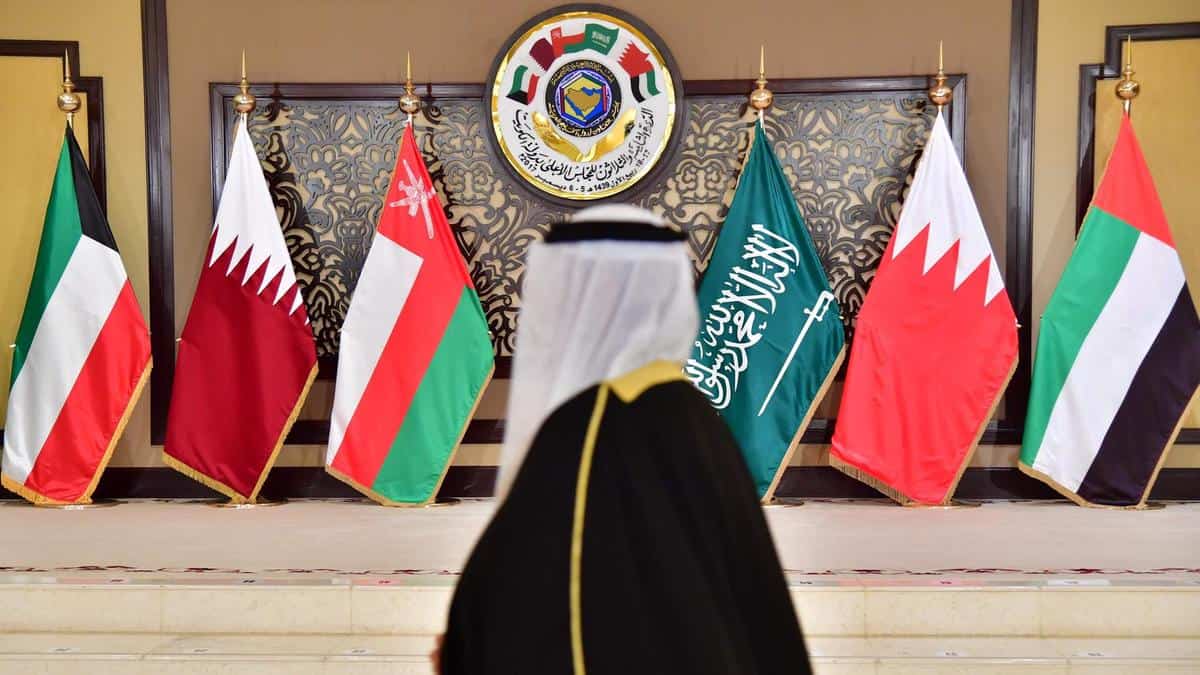While economic ties may have been the GCC’s first point of contact with Asia, they have since grown to encompass greater political involvement and an increasingly geopolitical dimension.
The Gulf countries rely heavily on assistance from Asia, particularly China, to modernise their economies and diversify away from oil. The cooperation is taking place in areas like the new energy, artificial intelligence, and industrial diversification. .
Yet, GCC’s position in supporting Russia in its conflict with Ukraine, Europe, and the US, have raised many problems, but nowhere more so than in Asia: The countries have had to perform tight diplomatic balancing acts in regard to China-US-Taiwan, India-Pakistan-Kashmir-China, US-China-Philippines, Sri Lanka, and Myanmar crises?
Reactions from regional analysts
Fadi Izzat, Market Analyst at CAPEX UAE told TRENDS in an interview that a military conflict between China and the US was unlikely since it will negatively impact GCC countries and other global economies.
At the same time, Izzat predicted that GCC countries will remain neutral in the apprehended conflicts since taking sides is going to detrimentally affect their economies.
At the same time, the GCC economies would also suffer if the current tensions between the US and Asia persist, primarily because they are reliant on oil demand from the continent.
Daniel Takieddine, BDSwiss CEO MENA, however, argued that “the impact of such conflicts remains minimal as long as they stay contained and do not affect the economy in the concerned countries.”
“While the confrontation between countries is inevitable in most cases, peaceful communication and negotiation ensure that economic interests remain unharmed, safeguarding trade, demand, and consumption,” Takieddine told TRENDS.
GCC. “This might lessen the impact of external tensions by diversifying their exports and partnering with other countries.”
On the other hand, some Arab experts believe the US is pulling back from the Middle East. Following the announcement of the US withdrawal from Afghanistan, many regional experts believe that Washington is shifting its attention and resources to the “priority theatre” of the Indo-Pacific.
But as the world recovers from the Covid-19 pandemic, the GCC countries are expected to play a more significant role in the ongoing Asianization of the global economy.

